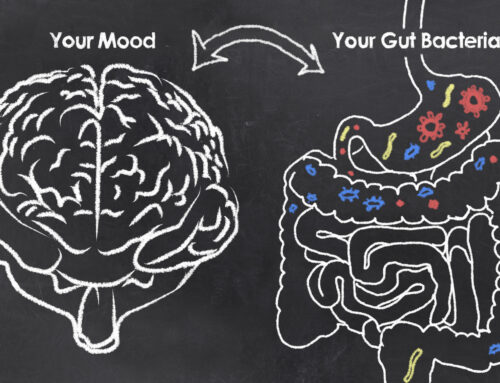Discussing depression and anxiety with your children can be one of the most challenging conversations a parent faces. Explaining complex and often stigmatized mental health conditions in an age-appropriate and sensitive manner requires careful consideration. Let’s discuss a few strategies that can help you discuss depression and anxiety with your kids.
Before initiating the conversation with your children, take the time to educate yourself about depression and anxiety. Understand what they are: the causes, symptoms, and treatment options. This will enable you to provide accurate information and answer your children’s questions. Remember, it is okay not to have all the answers. If your child asks a question you don’t know the answer to, let them know you are unsure and research the question. Depending on the topic, this may be an opportunity for you to do the research together.
Encourage spirituality. Spirituality can play a significant role in promoting mental health by providing individuals with a sense of purpose, connection, and inner peace while providing support and coping mechanisms. Prayer offers the opportunity to connect with God and share one’s feelings without the risk of judgment. While it may not be able to replace professional mental health care, spirituality can complement therapeutic approaches. To view our blog post on the importance of spirituality to mental health, click here.
Finding the right time is essential. Find a quiet and comfortable environment for a private conversation with your children. Choose a time when everyone is calm and relaxed. Avoid discussing heavy topics like depression during stressful or chaotic moments. One thing that has helped me is to have the conversation in the car. Sometimes, your kids may feel more comfortable if they do not have to look directly at you.
Tailor your language and explanations to your children’s age and developmental level. Use simple and concrete language to explain what depression/anxiety is and how it can affect someone’s thoughts, feelings, and behaviors. Avoid using jargon or overly clinical terms that may confuse or overwhelm them.
Help your children understand that it’s normal to experience a wide range of emotions, including sadness, fear, and worry. These are emotions that we all experience. It can be helpful to cite an example from your past when experiencing these emotions. Explain that depression/anxiety is not a sign of weakness or a character flaw but a medical condition that can be treated with help and support.
Create a safe and non-judgmental space where your children feel comfortable expressing their thoughts and feelings. Please encourage them to ask questions and share their concerns about depression. Listen actively and validate their emotions, reassuring them that their feelings are important and valid.
Assure your children they are not alone and you are there to support them through difficult times. Emphasize the importance of seeking help from trusted adults, such as parents, pastors, teachers, or mental health professionals, if they or someone they know is struggling with depression.
Address any misconceptions or stigma surrounding depression that your children may have encountered. Correct misinformation and emphasize that depression and anxiety are common and treatable conditions that affect people from all walks of life. This may be an opportunity to find and discuss role models for your child that have struggled with anxiety and depression themselves.
Lead by example and demonstrate healthy coping methods and managing emotions. Show your children that it’s okay to ask for help when needed and that taking care of your mental health is just as important as taking care of your physical health. This includes taking care of yourself with diet and exercise and finding support for yourself and your spouse. Children see far more than we give them credit for.
Talking to your kids about depression and anxiety is a sensitive and essential conversation that requires patience, empathy, and understanding. By providing accurate information, creating a supportive environment, modeling good coping behaviors, and encouraging open communication, you can help your children develop a better understanding of depression/anxiety and learn how to navigate their own mental health challenges. Remember that every child is different, so be flexible and tailor the conversation to meet their needs. Together, we can break the stigma surrounding depression and anxiety and foster a future generation that is compassionate, resilient, and emotionally healthy.







Leave A Comment